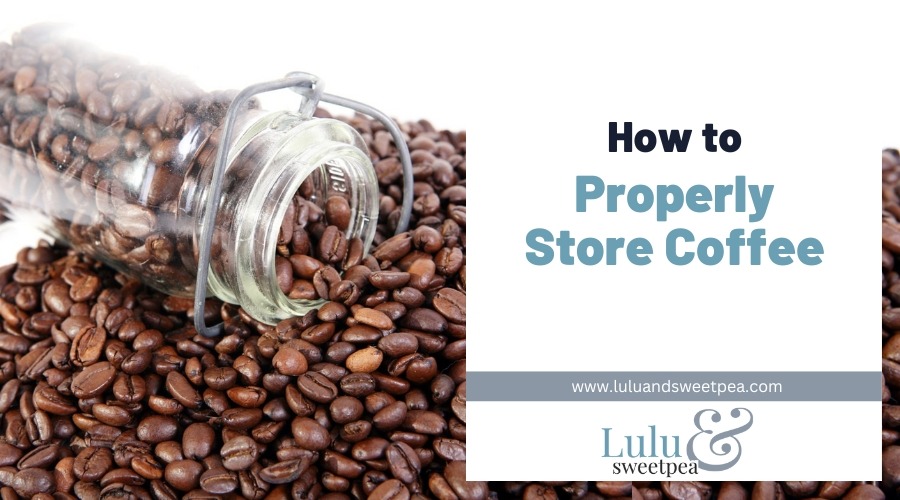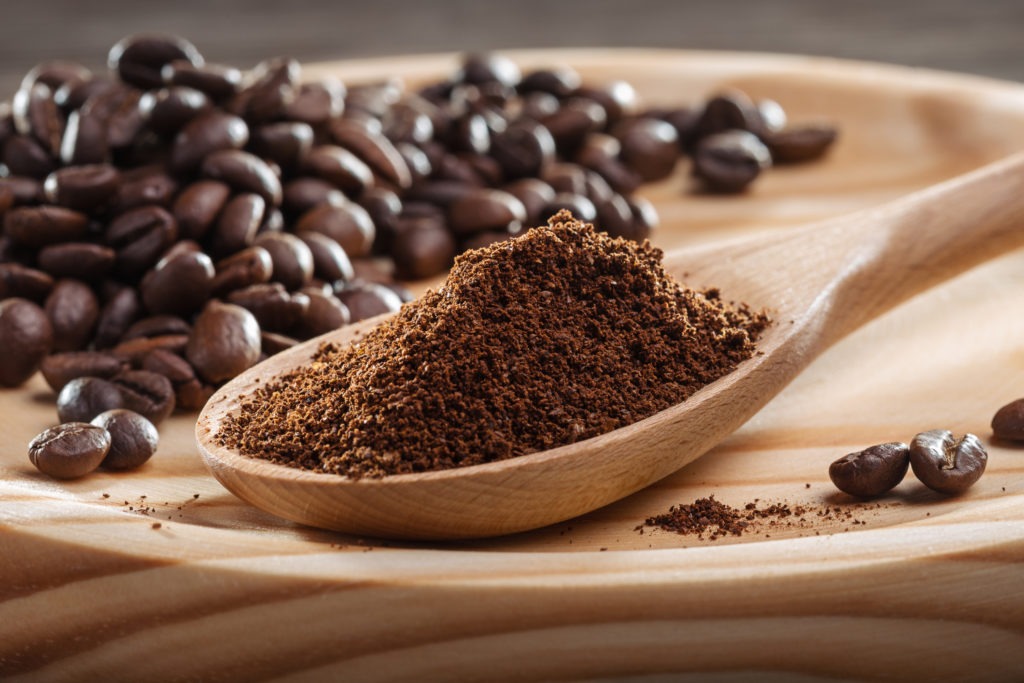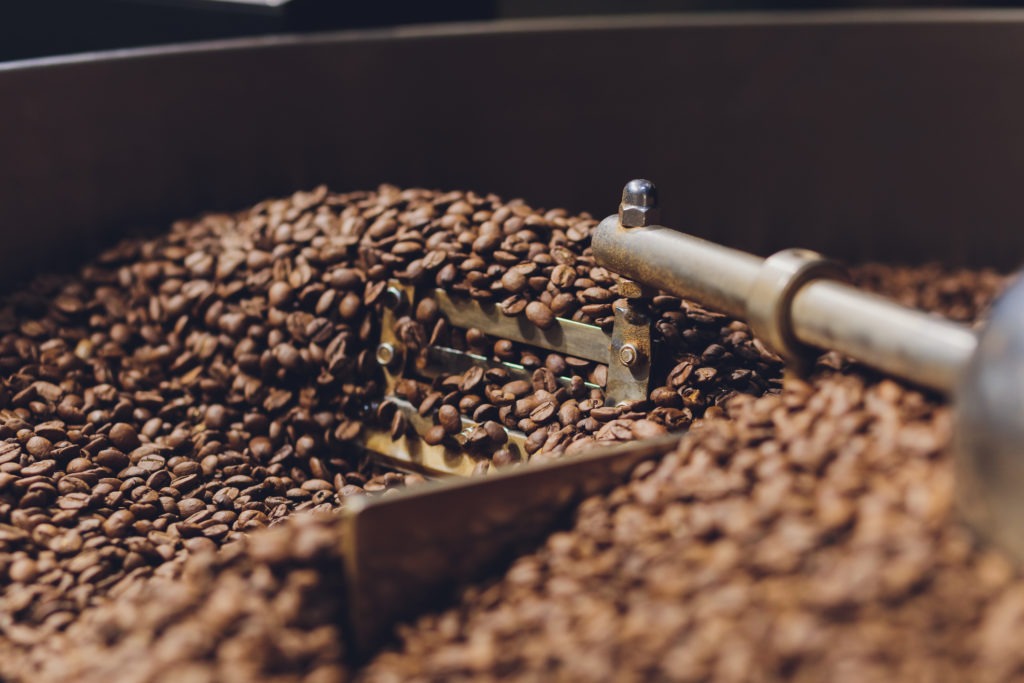For coffee drinkers, having several containers filled with coffee beans at home is essential. This prevents them from running out of the energizing beverage they sip before beginning their busy days. With that being said, if you’re paying $20 or more for a fancy bag of beans, at the very least you should know how to preserve them. Better beans produce better-tasting coffee when they are stored properly, and you want that, don’t you?
One of the most crucial aspects of brewing a wonderful cup of coffee, second only to selecting the right coffee, is correctly storing coffee beans. Knowing the appropriate coffee shelf life might help you avoid wasting time, money, or even your patience in the long run. Learn how to properly store your coffee at home to maximize flavor and freshness and understand how freshness affects taste.
Pre-ground Coffee vs. Whole Coffee Beans
If you want a good cup of coffee, Dillon Edwards, the owner of Brooklyn’s Parlor Coffee, advises buying whole beans. According to his explanation, the ideal container for preserving the coffee’s quality is the bean itself. The coffee oxidizes quickly once the beans have been grounded with a grinder. Thus, you should ground your coffee beans just before brewing. Freshly ground coffee will produce a cup that is sweeter and livelier since more of its natural aromatics are preserved. “That’s truly what you’re paying for with high-quality specialty coffees,” Dillon said.
Fresh Roasted Coffee Beans
Beans that are truly fresh can be identified by their glossy appearance, which is caused by oils that are still escaping from the beans. The presence of oil residue on your hands or in your bag is preferable to that of most other products.
The packaging is another indicator that the coffee beans have just been roasted. Freshly roasted beans release gasses; if the bag containing the whole beans is heat sealed and devoid of a valve, that. means that the beans have stopped off-gassing. Serious Coffee beans usually have a valve since they are so fresh if you receive a heat-sealed bag of them.
Ideal Roast Date
Just like other perishable foods like bread, you should only purchase enough coffee to last you for a week. We advise against purchasing large quantities of coffee. When looking at the roast date on the coffee, try looking for coffee that has been roasted anywhere between 7 and 21 days from the stated roasted date; any coffee in this time frame should be fine. Keep in mind that not all coffee will be the same. If the roaster indicated the peak roast age on the packaging, take that into consideration.
Coffee enthusiasts, roasters, and baristas have known for a long time that the best coffee is ready for consumption 7 to 14 days after it has been roasted. The coffee is simply too fresh and is still releasing CO2 and degassing if it was roasted less than seven days ago. The extraction of the ground coffee particles during brewing will be hindered by this degassing. In contrast, coffee that is more than, say, 14 days old is considered stale and at this point, the coffee’s sweetness and acidity are declining; however, this isn’t true of all coffee or roasters.
Therefore, you should never assess the quality of the coffee beans purely on the roast dates because there are several factors, including bean quality and the actual coffee process, that affect how fresh your coffee is.
Factors that Affect Coffee Freshness
Light, air, time, moisture, and buying ground coffee are the primary factors that affect how fresh coffee is:
- Sunlight – The quality and flavor of your coffee beans can quickly deteriorate when exposed to heat and UV light.
- Oxygen – When exposed to oxygen for an extended period of time, coffee’s organic molecules degrade and lose their flavor integrity, just like the majority of perishable foods. This process is called oxidation.
- Time – Coffee will start to lose some of its freshness over time.
- Moisture – When exposed to moist, humid environments, coffee beans, which are a porous substance, absorb the flavor of the objects surrounding them.
- Ground Coffee – The oxidation process is sped up when coffee beans are ground before you are ready to brew. Due to the larger surface area of the coffee being simultaneously exposed to oxygen, ground coffee goes bad sooner than whole beans.
Proper Coffee Storage to Maximize Freshness
Coffee may appear to be a simple beverage. And it is, for the most part. However, there are methods to keep coffee as fresh as possible that help to ensure that every cup is delightful.
-
Keep your fresh coffee beans in an airtight container
Coffee should not be left in their packages after they have been opened. One of the most effective measures you can take to extend the shelf life of your coffee is to store it in a sealed container. Store your beans at room temperature in an opaque, airtight container to maintain their freshly roasted flavor for as long as possible.
-
Place it away from light
Beans should be stored in a cool, dark area. Because of this, we advise using an opaque canister or container. Although coffee beans can look attractive, stay away from clear canisters since they will cause your coffee’s flavor to be compromised by light. However, if you really prefer glass jars, consider storing it in your cabinet or pantry rather than on display.
-
Purchase whole coffee beans
We recommend to always purchase whole coffee beans rather than ground coffee because ground coffee quickly loses freshness. To ensure the freshest possible coffee, only ground your beans just before brewing. One of the most essential tools for brewing a great cup of coffee is a coffee grinder. In order to maximize flavor, we strongly advise investing in a high-quality burr grinder whether you’re looking to upgrade your home-brewing equipment or are just getting started.
-
Purchase coffee beans only when you need to
After being roasted, coffee can remain on the shelf for months, but that does not guarantee that it is still fresh. To keep your coffee as fresh as possible, we recommend purchasing it in smaller quantities. If you’re an avid coffee lover, think about starting a coffee subscription so that your favorite coffee arrives at your home just when you need it.
-
Don’t store your coffee in the fridge or freezer
We strongly advise against storing coffee in your refrigerator at all. That’s because refrigerators, which are filled with other food and drinks, are naturally moist places. Because roasted coffee is so porous, it will absorb the moisture and odors from your refrigerator and freezer, compromising the flavor’s integrity.
But, if you’re dead set on storing your coffee in the freezer, don’t keep your beans in the freezer more than two weeks after you buy them to maintain their freshness. Whole beans can be stored for up to two months in a deep freezer, if necessary, but this is not something we recommend.
Period of Freshness
Depending on how they are grown, harvested, processed, etc., different types of coffee will have slightly different shelf life. Although theoretically they never go bad, coffee beans can lose their flavor and aroma. The best approach to maintain the consistent, amazing coffee drinking experience is to store your coffee properly and consume it in a timely manner. As a general rule, an opened bag of coffee ought to be consumed within 2-4 weeks of roasting.
These are some of the best advice we can offer for properly storing coffee. It’s not difficult to learn how to properly store coffee in order to keep it fresh. Simply purchase the adequate amount of coffee and keep it in an area free from moisture, heat, light, and air in an airtight container. By doing this, you may greatly improve your chances of getting a fresh cup of coffee each morning.


